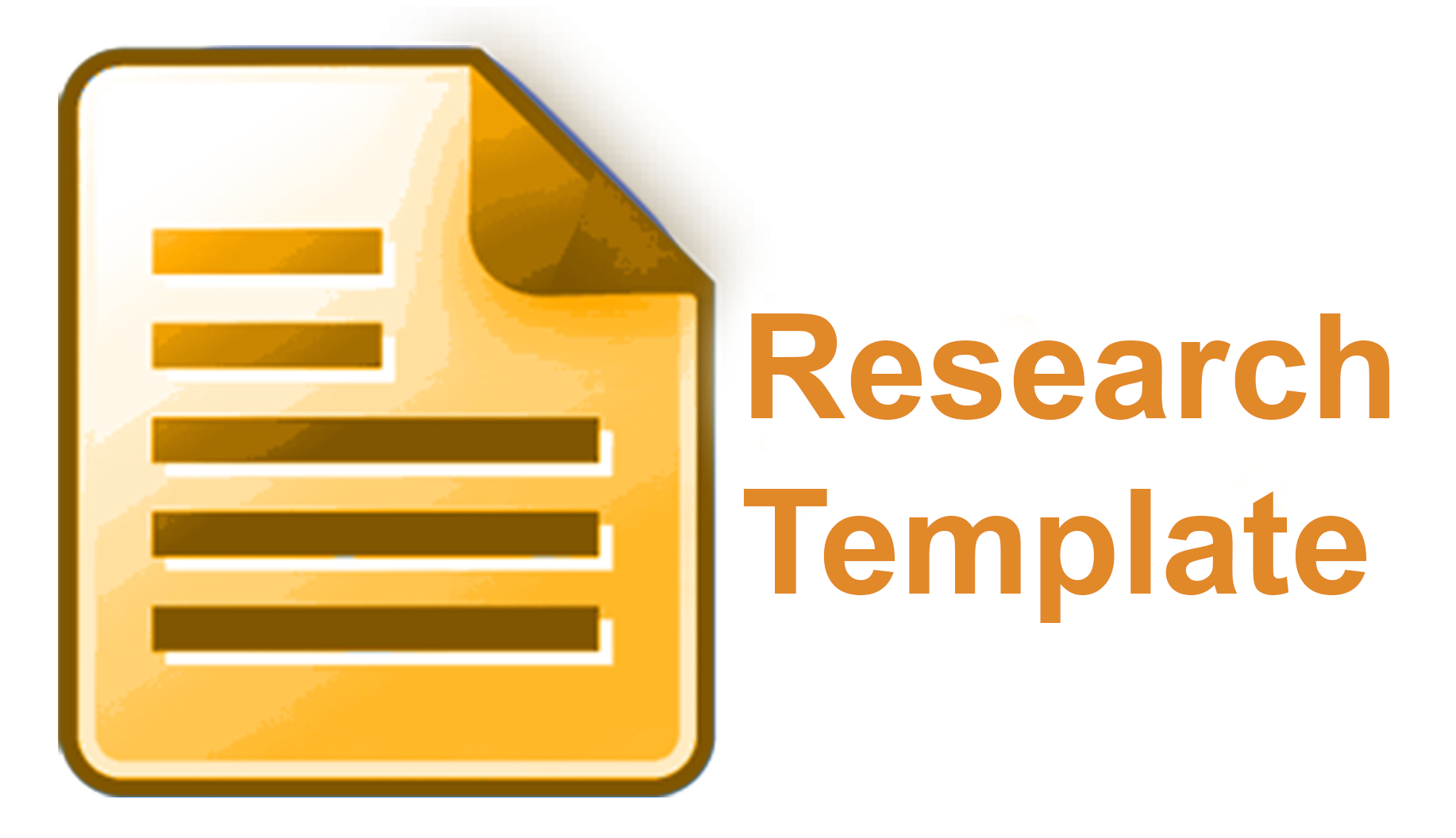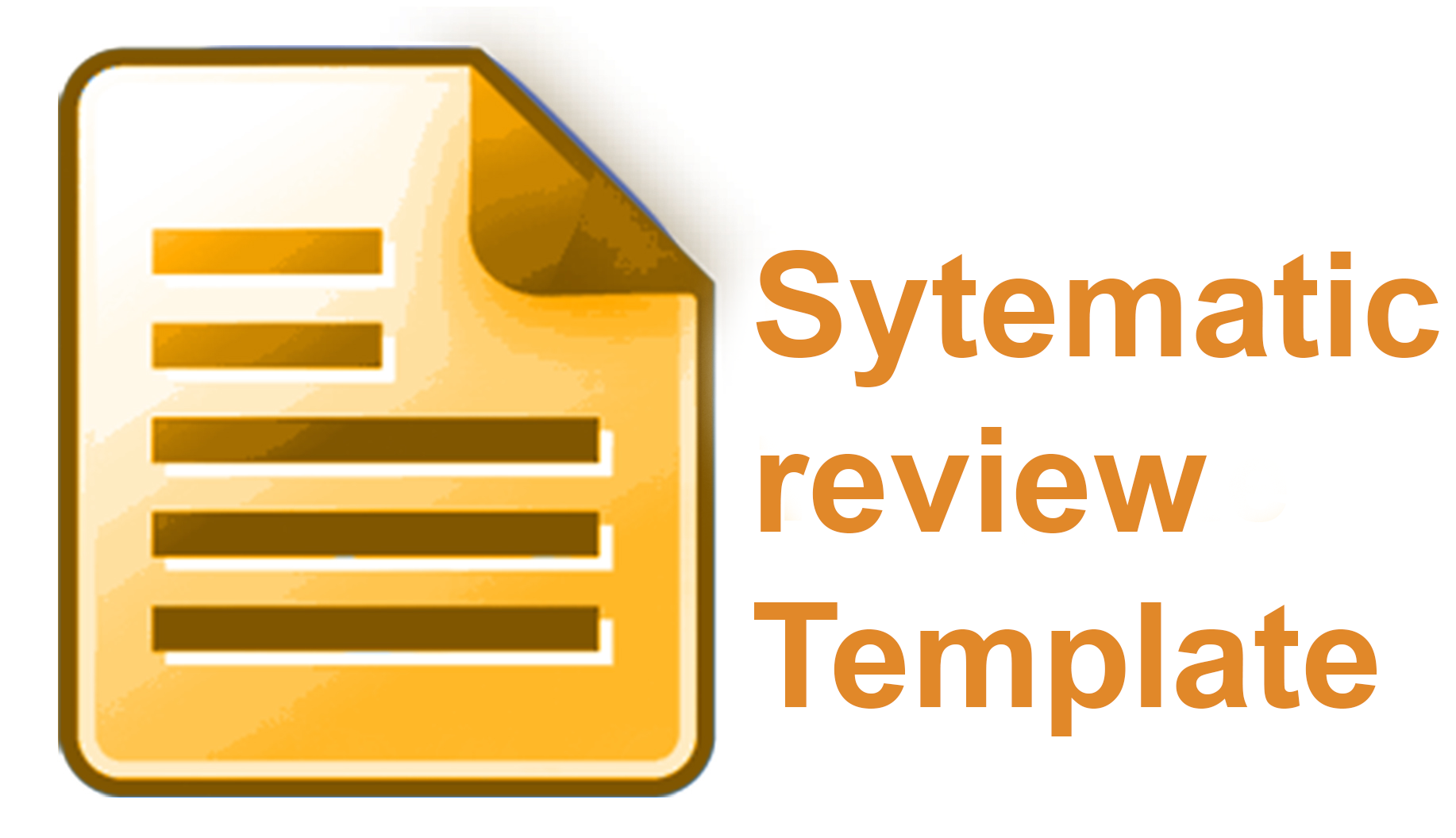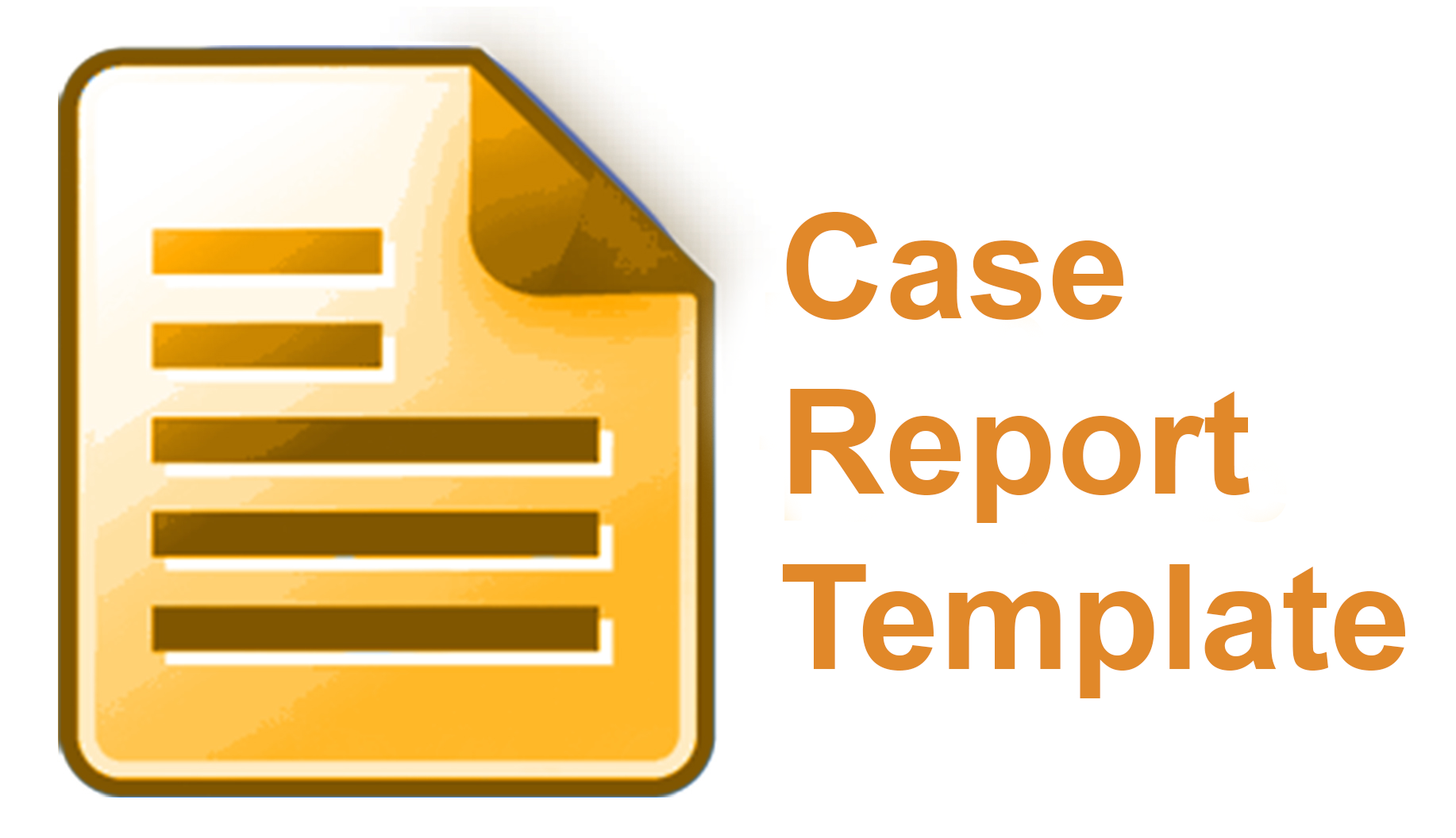Increasing of oral health education knowledge after intervention psychoeducation methods in adolescents
Abstract
Introduction: The technique of imparting knowledge and understanding known as "psychoeducation" combines particular knowledge with media to communicate knowledge, is professionally provided, and integrates educational and psychotherapy treatments. Given the close connection between oral health and general health, oral health should not be neglected during the pandemic. Through the use of psychoeducational techniques, dental health issues can be prevented and overcome. The objective of this study is to analyze the increase in oral health education knowledge before and after intervention using psychoeducation methods in adolescents. Methods: This research was conducted using the one group pretest-posttest design. A study sample was obtained using the Slovin formula after a population was sampled using purposive sampling. The following requirements must be met in order for students to be included in the sample: they must be concerned about their oral health, be open to participating in psychoeducation webinars, and agree to participate as research subjects. There were 86 responses in the sample. By providing a questionnaire before (pretest) and after (posttest) the intervention in oral health education using psychoeducation method, the increase in knowledge can be measured. Results: The results of the Wilcoxon signed rank test with an alpha significance of 0.05 and Asymp. Sig (two-tailed) p = 0.001 (p < 0.05), or the knowledge factors of research respondents. This revealed significant improvements in respondents' knowledge between the pre- and post-intervention periods. Conclusion: The intervention of psychoeducational methods regarding oral health education could increase knowledge in adolescents. Psychoeducational methods can help adolescents learn more about oral health.
Full Text:
PDFReferences
Shim JS, Seong JM, Lee MR, Song SK. A study on adolescents' misconceptions about oral health knowledge in some areas. South Korea: J Korea Institute Elec Comm Sci. 2013; pp. 181-189. DOI: 10.13067/JKIECS.2013.8.1.181.
WHO. Adolescent health. 2023 [cited 2023 Jul 29]. Available from: https://www.who.int/health-topics/adolescent-health
Kementerian Kesehatan Republik Indonesia. Laporan hasil riset kesehatan dasar. 2018.
Brian Z, Weintraub JA. Oral health and COVID-19: Increasing the need for prevention and access. Prev Chronic Dis 2020; 17:200-266. DOI: 10.5888/PCD17.200266.
Hikmawati I, Setiyabudi R. Epidemiology of COVID-19 in Indonesia: common source and propagated source as a cause for outbreaks. J Infect Dev Ctries 2021; 15:646–652. DOI: 10.3855/jidc.14240.
Shamsoddin E, DeTora LM, Tovani-Palone MR, Bierer BE. Dental care in times of the COVID-19 pandemic: A review. Med Sci 2021; 9(1):13. DOI: 10.3390/medsci9010013.
Kemenkes RI. Survei menunjukkan kebiasaan gosok gigi menurun saat pandemi COVID-19. Jakarta: Survei Kemenkes RI. 2021 [cited 2023 Jul 29].
Pasiga BD. Relationship knowledge transmission of covid-19 and fear of dental care during pandemic in south sulawesi, indonesia. Pesqui Bras Odontopediatria Clin Integr 2020;21:1–12. DOI: 10.1590/pboci.2021.017.
Coralia F, Qodariah S, Yanuvianti M, Halimah L. Evaluation of psychoeducation programs to increase knowledge’s family caregivers of people with psychotic disorders. Advances in Social Science, Education and Humanities Research. 2020; 409: 408-411. DOI: 10.2991/assehr.k.200225.086
Sarkhel S, Singh OP, Arora M. Clinical Practice Guidelines for Psychoeducation in Psychiatric Disorders General Principles of Psychoeducation. Indian J Psychiatry. 2020 Jan;62(Suppl 2): S319-S323. DOI: 10.4103/psychiatry.IndianJPsychiatry_780_19.
Ekhtiari H, Rezapour T, Aupperle RL, Paulus MP. Neuroscience-informed psychoeducation for addiction medicine: A neurocognitive perspective. Elsevier 2017; 235(10): 239-264. DOI: 10.1016/bs.pbr.2017.08.013.
Supratiknya A. Merancang program dan modul psikoedukasi edisi revisi. Universitas Sanata Dharma. 2017 [cited 2023 Jul 29]. Available from: http://repository.usd.ac.id/id/eprint/12880
Brondani B, Knorst JK, Tomazoni F, Cósta MD, Vargas AW, Noronha TG, et al. Effect of the COVID‐19 pandemic on behavioural and psychosocial factors related to oral health in adolescents: A cohort study. Int J Paed Dent. 2021;31(4):539–46.
Ciardo A, Simon MM, Sonnenschein SK, Büsch C, Kim T-S. Impact of the covid-19 pandemic on oral health and psychosocial factors. Sci Rep. 2022; 12(1): 44-77. DOI: 10.1038/s41598-022-07907-9.
Bhatnagar, Dipti M. Oral health: A gateway to overall health. Contemporary Clin Dent. 2021; 12(3):211-212. DOI: 10.4103/ccd.ccd_597_21
Persatuan Dokter Gigi Indonesia (PDGI). Covid-19 dan kedokteran gigi. 2020 [cited 2023 Jul 29]. Available from: https://pdgi.or.id/artikel/covid-19-dan-kedokteran-gigi
Vasquez BSG, Martinez CJB, Martinez MEM, Vasquez MAI. Brain and learning in adolescence. Int Res J Engine, IT Sci Res. 2019; 5(5): 1-7. DOI: 10.21744/irjeis.v5n5.720.
Simbolon MA, Kurniawati ND, Harmayetty H. Diabetes self management education (DSME) improve knowledge, attitude, and self efficacy of diabetes mellitus type 2 patients. Ind J Comm Health Nurs. 2020; 4:60. DOI: 10.20473/ijchn.v4i2.14687.
Narulita D, Aprilianto D. Meta-analysis study: Is dental health education effective to improve knowledge, attitude, and behavior in adolescents?. J Health Promot Behav. 2022; 7(3): 197-207. DOI: 10.26911/thejhpb.2022.07.03.03
Gusain RS, Singh GM, Sylvia R. Effectiveness of psychoeducation program on knowledge among adults of selected area of dehradun, uttarakhand. Indi J Public Heah Res Develop. 2020; 11(5): 370-4. DOI: 10.37506/ijphrd.v11i5.9351.
Sharkel S, Singh OP, Arora M. Clinical Practice Guidelines for Psychoeducation in Psychiatric Disorders General Principles of Psychoeducation. Indian J Psychiatry. 2020; 62(2): 319-23. DOI: 10.4103/psychiatry.IndianJPsychiatry_780_19.
Krisnana I, Kurnia ID, Pujiati P, Ugrasena IDG, Arief YS. Psychoeducation on knowledge of oral hygiene and psychological distress to the parents with leukemia children. Asian Pacific J Cancer Prevention. 2021; 22(2): 485-90. DOI: 10.31557/APJCP.2021.22.2.485.
Brinia V, Selimi P, Dimos A, Kondea A. The Impact of Communication on the Effectiveness of Educational Organizations. Education Sciences. 2022; 12(3):170. DOI: 10.3390/educsci12030170
Fitri H, Fajrin FN, Kasuma N, Wulandari RW, Sari SR, Ernesto G. The effectiveness of dental and oral health education for youth through online media. J Syiah Kuala Dent Soc. 2022; 7(1): 21-6. DOI:10.24815/jds.v7i1.27251
Yusdiana Y, Restuastuti T. Increasing oral health knowledge through counseling using online animation videos for students of Muhammadiyah MTS Panyasawan Kampar District J Pengabdian Mas 2020; 4: 52. DOI: 10.33373/jmb.v4i2.2804.
Adistia R, Wafa W, Riyanti E, Setiawan ASPP. Effectiveness of educational video in improving oral hygiene in preschool students. Padja J Dent. 2020; 32. DOI: 10.24198/pjd.vol32no2.19312.
Sadimin, Prasko, Sariyem, Sukini. Dental health education to knowledge about PHBS how to maintain dental and mouth cleanliness at orphanage tarbiyatul hasanah gedawang, banyumanik, semarang city. J Kes Gigi. 2020; 8(1): 1–5.
DOI: https://doi.org/10.24198/pjd.vol35no2.48049
Refbacks
- There are currently no refbacks.
 All publications by the Universitas Padjadjaran [e-ISSN: 2549-6212, p-ISSN: 1979-0201] are licensed under a Creative Commons Attribution-ShareAlike 4.0 International License .
All publications by the Universitas Padjadjaran [e-ISSN: 2549-6212, p-ISSN: 1979-0201] are licensed under a Creative Commons Attribution-ShareAlike 4.0 International License .






.png)
